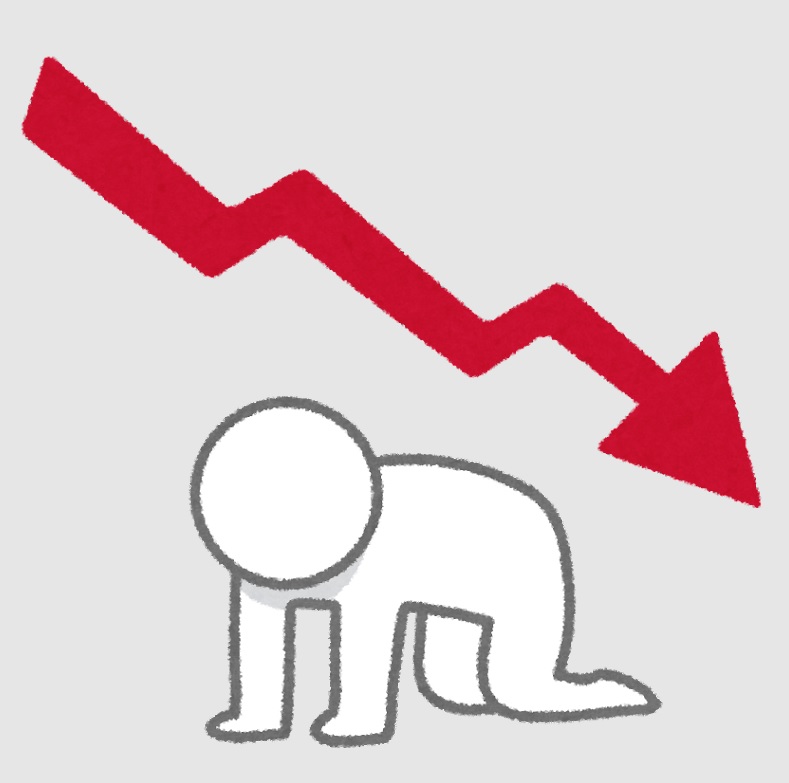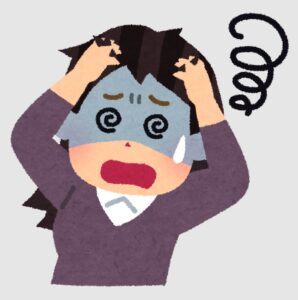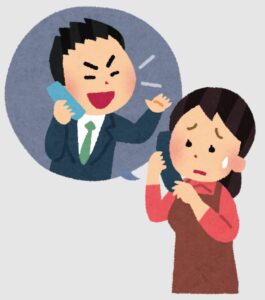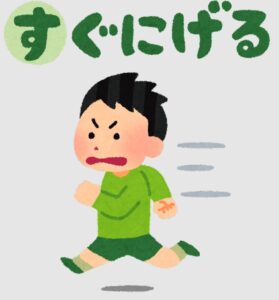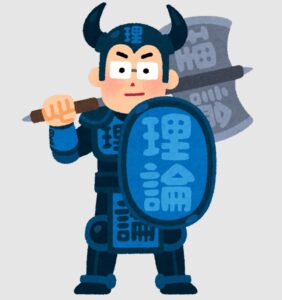「毎年お金がドンドン減る|不動産投資の落とし穴:ワンルームマンション投資の裏側を暴露!」
~前回のつづき~
●利回りの魔法に騙されるな~裏にはコスト地獄が潜む~(つづき)

物件価格の値下がりを
考えられていない。
2,118万円で買っても
毎年毎年価格というのは
下がっていく訳です。
30年前に買った価格と
全く一緒で
築40年の
ボロボロになった物件が

全く同じ価格で売れるなんて
考えにくい。
という事は
物件価格が
毎年下がっていくんだから
この値下がりというのも
考慮しないといけないんですよ。
30年で80%値段が
下がるというのを想定して
それを年割して
ザックリ入れてみました。
そうすると
年間40万円ずつぐらいは
価値が下がっていってる。
それから考えていくと
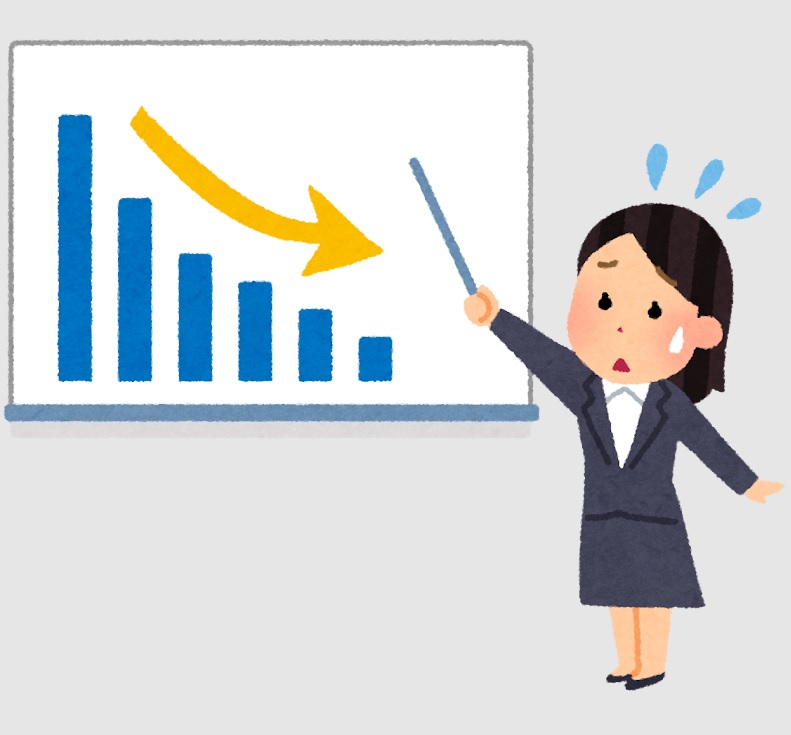
毎年お金が
ドンドン減るんですよ。
意味わかりますか?
実際には物件の価格が
下がっていってるだけなので
手残りとしては
少し残るかもしれないですけれども
物件の価格の低下
というのを考えると
実際毎年これだけ
損をしていってる。
(キャッシュで買った場合は
ややこしくなってくるかなと思って
計算しませんでした。)
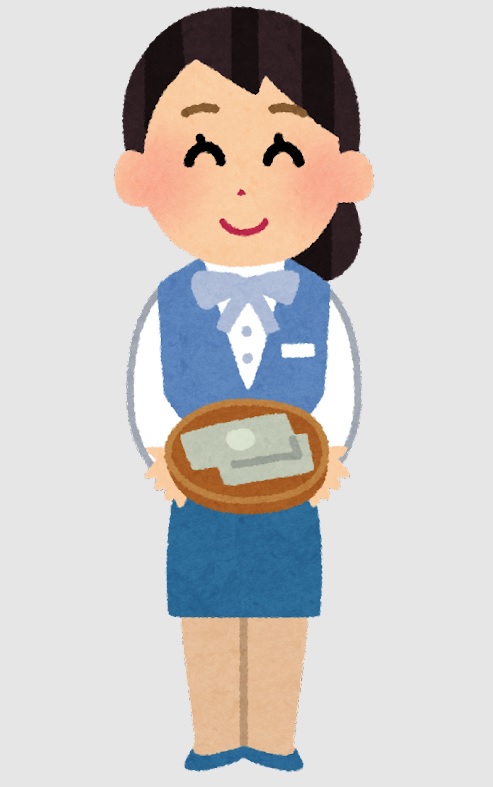
これを銀行から
大体借り入れする訳ですよ。
フルローンといって
2,118万円。
そうすると
毎月毎月の返済があるわけです。
それを実際計算してみましたところ
家賃収入で払えるどころか
足りない分を給料から
補填していかないと
いけなくなります。
今後
キャッシュフローの計算というのも
お話ししていきます。
実際には資産になるどころか
30年間毎年毎年ずっと
お金を給料から補填して
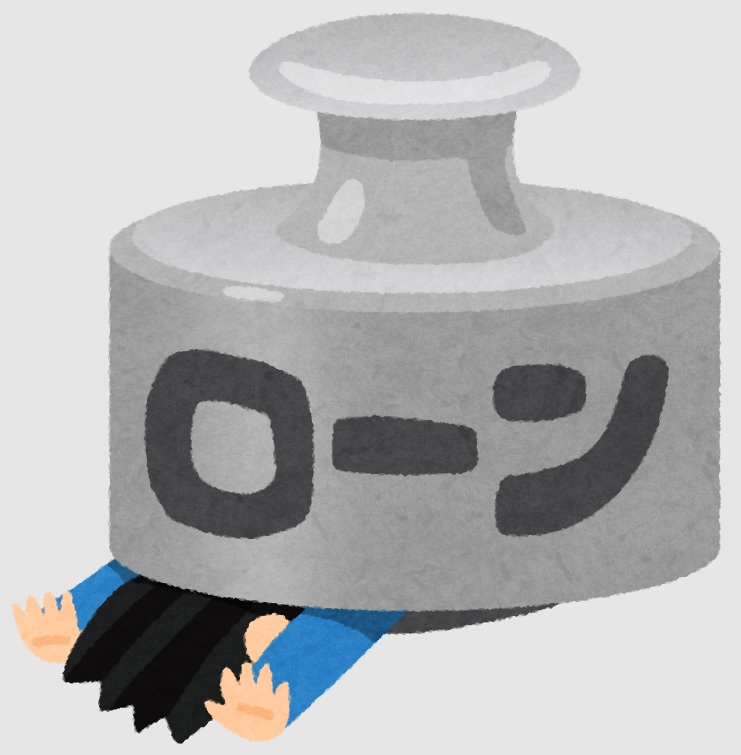
払い続けていかないといけない。
そういう状況に
なってしまいます。
数字が並んで
見にくいかもしれませんが
全額キャッシュで
30年間満室で
物件価格も下がらず
家賃も下がらず
修理も一切無い状態で
やっと4万円残る。
そんな訳ないでしょ。
こんな話ないでしょ。
それで家賃が10%下がって
空室が10%出るだけで
実質毎年給料から持ち出しして
支払いしていかないといけない。
さらに金利が2%ぐらいで
銀行から借りられると
2,118万円借りた状態で
30年間支払い総額
2,800万円ですよ。
なので
現金一括で買った場合でも
負債を買う事になります。
本当は
2,118万円の価値なんかないものを
2,500万円だったり
もっと高い値段で
買わされている。
そういう事です。

1,000万円の
価値しか無いものを
買わされている。
銀行から借り入れした場合は
毎月毎月の支払いのお金が
大体すごく厳しくなります。
ザックリそういうものかなと
とりあえず
覚えてもらえればよろしいかと思います。

ならないです。
税金が減るのは
赤字だから減るんですよね。
100万円毎年ドブに捨てて
10万円帰ってくる。
そんな話です。
意味が無いですよね?
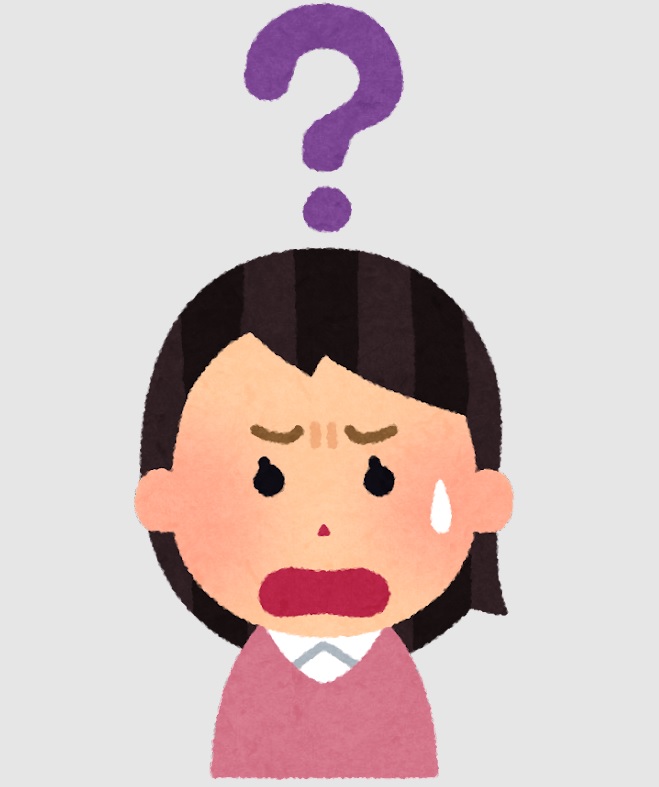
なりません。
マイナスのお金を払い続けて
30年ですよ。
築30〜40年のボロ部屋を
1室手に入れて資産になるか?
年金の代わりにならないですよね?
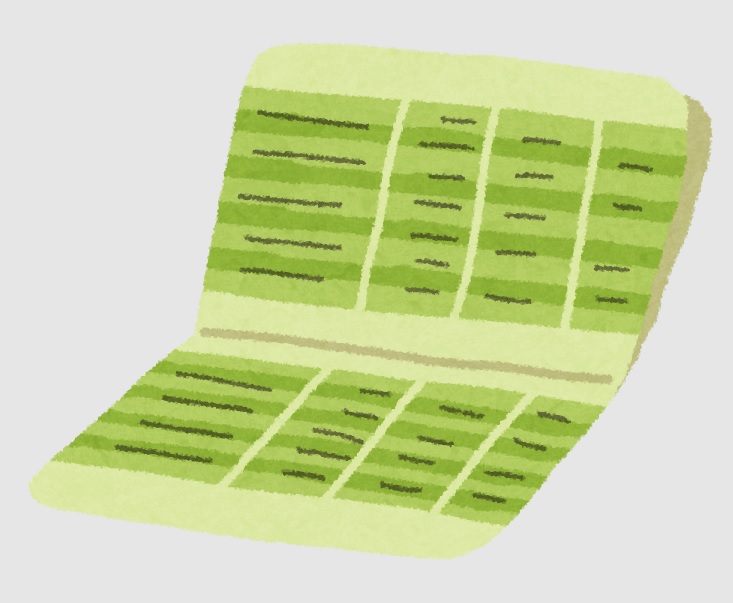
普通に貯金をつづけてた方が
お金は残ります。
毎年毎年ずっとお金を
払い続けていかなければならない。
毎年50万円赤字が出たとすると
貯金だったら
30年間で1,500万円貯まるから
貯金した方がいいよという話です。
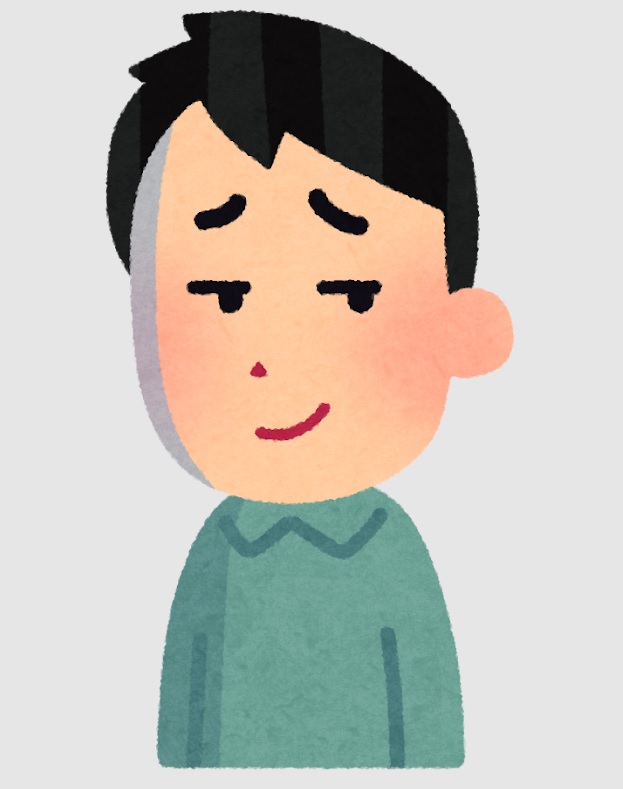
なりません。
であれば
保険に入った方がいいです。
掛け捨ての生命保険に入った方が
月の金額も安いし
万が一の事があった時に
もらえる金額もこっちの方が大きいです。
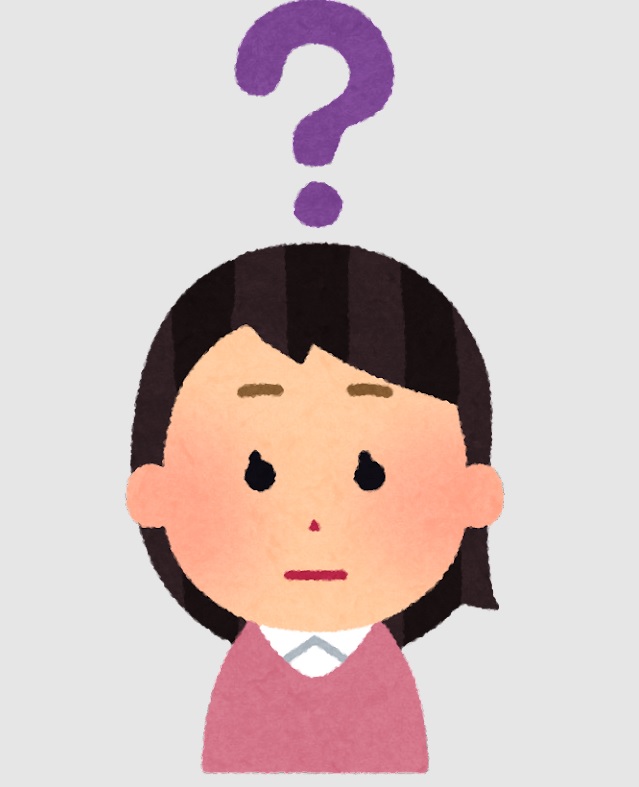
かぼちゃの馬車とかも
同じ様に問題になってました。
↓
家賃補償なんか
ついてたとしても
最初の2〜3年のみです。
だから7〜8万円で
家賃を補償しますと言ってても
ずっとではありません。
規約や約款(やっかん)に
極々小さく書いてあります。
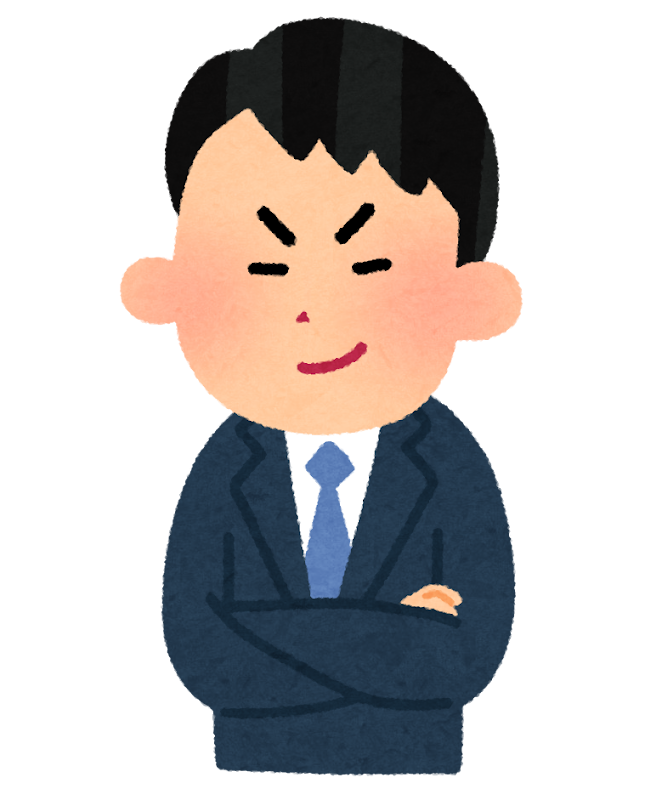
「2年目以降とか入居付けが出来なくなった時は
家賃を下げます。
だから7万円では継続出来ません。」
↓

↓

と言われます。
それで
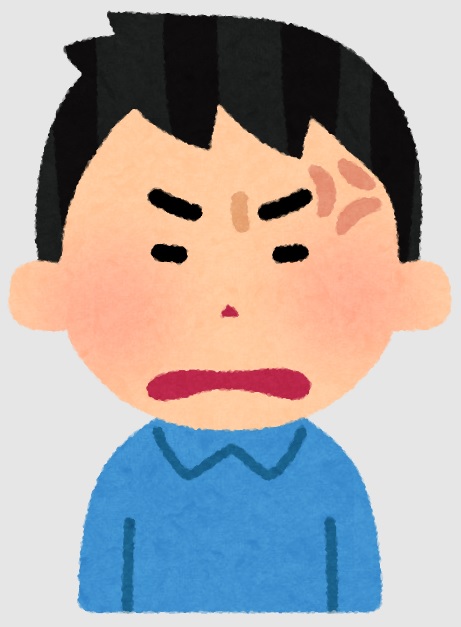

「ああそうですか。
ではこの契約は継続出来ません。」
と言われて終わるだけです。

と切られて終わりですね。
必ず書いてあります。
赤字がずっと出続けるのに
こんなの出来る訳ないじゃないですか。
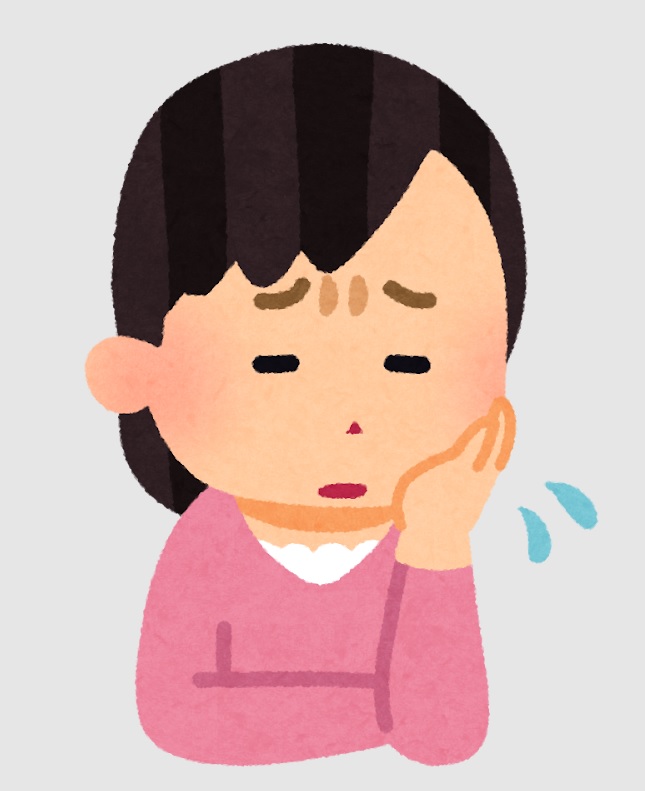
負債を買うのと同じです。
物件に担保能力がありません。
ワンルームマンションというのは
負債なので。
それだけの
価値がないものを買ってる
という事です。
だから
物件に担保としての力を
見てもらえない。
どういう事かと言うと
物件を担保として見ている訳ではなく
あなたの
サラリーマンとしての属性を
担保にしているだけなんです。
この物件の収益からの
支払いの能力ではなく
サラリーマンとしての所得を
担保にしているだけなんです。
だから住宅ローンを組んだりとか
今後不動産融資で物件をもっと
増やしていきたいという時に
必ず響いてきます。
要は
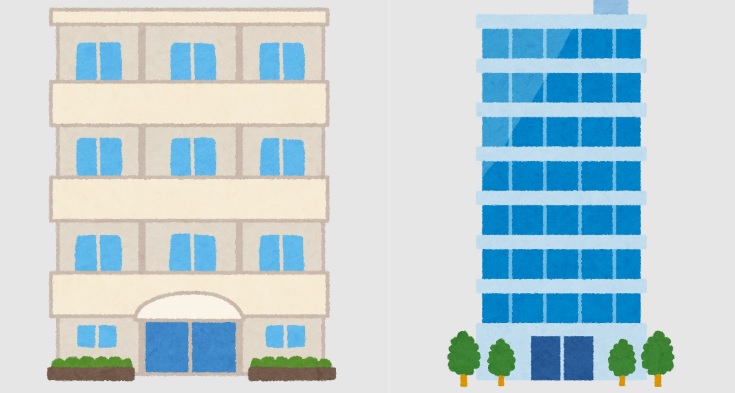
物件を増やせなくなる。
これパッと
イメージ湧かないかもしれませんが
不動産投資の戦略において
銀行からの信用というのは
すごく大事なので
ここを減らしてはいけません。
~~~つづく~~~
Special Thanks college president Ryo.

●おまけ
≪≪perplexityちゃんによる文章まとめ≫≫
ワンルームマンション投資は「利回りの魔法」に見せかけられますが、実態は負債化しやすい仕組みです。
まず物件価格は30年で約80%下落すると想定され、年間40万円程度ずつ資産価値が減少します。
さらに2,118万円をフルローンで購入すれば、返済総額は約2,800万円となり、家賃収入だけでは支払えず給与からの補填が必要です。
節税効果も赤字が前提で実質的な損。年金や保険の代わりにもならず、むしろ貯金や掛け捨て保険の方が有利です。
サブリース契約も最初の数年のみ保証があり、その後は家賃を下げられるか契約終了となるのが実態です。
加えて、物件には担保力がないため、銀行は物件収益ではなくサラリーマンの属性を担保にしているに過ぎず、将来の融資にも悪影響を及ぼします。
結局、資産形成どころか長期的に赤字を抱え込み、信用も削られるリスクが高いのです。
Citations:
[1] https://t23m-navi.jp/magazine/news/2025_daibouraku/
[2] https://ieul.jp/column/articles/48201/
[3] https://www.reds.co.jp/real/p70423/
[4] https://librus.co.jp/jigyou_shokei/new/money/1953
[5] https://gk-cons.co.jp/column/condo-market-crash/
≪≪Chat-GPTくんによる英訳≫≫
~Continuation from the previous part~
【Don’t Be Fooled by the “Magic of Yield”—Behind It Lies the Hell of Costs— (continued)】
They don’t take into account the decline in property value.
Even if you buy for 21.18 million yen, the price goes down year after year.
It’s unrealistic to think that a rundown property, 40 years old, would sell at exactly the same price as when it was purchased 30 years ago.
That means—since property prices keep falling every year—you must factor in this depreciation.
If we assume that the value drops by 80% over 30 years and divide that out, it works out to about 400,000 yen lost in value every year.
From that perspective, your money keeps decreasing year by year. Do you see what I mean?
In reality, it’s just that the property’s value itself is declining, so there might be a little left in cash flow, but considering the falling property value, you are effectively losing that much money every year.
I didn’t bother calculating for an all-cash purchase, since it gets complicated.
But in most cases, you’re borrowing from the bank—taking out a full loan of 21.18 million yen.
That means you’ll have monthly repayments.
When I actually ran the numbers, the rent income wasn’t even close to covering the loan payments. You’d have to make up the shortfall with your salary.
I’ll talk more about cash flow calculations later, but the reality is: instead of building wealth, you’ll be stuck covering shortfalls from your paycheck every year for 30 years straight.
Even if the numbers are hard to read, consider this:
If you paid full cash, had full occupancy for 30 years, no property value decline, no rent reduction, and no repairs—only then would you barely make 40,000 yen in profit.
That’s impossible. There’s no such thing.
Just a 10% drop in rent or a 10% vacancy rate, and you’ll end up paying out of pocket every year from your salary.
And if you borrow at about 2% interest, on a 21.18 million yen loan, your total repayment over 30 years is 28 million yen.
So even if you buy in cash, you’re essentially buying a liability.
The truth is: the property is not worth 21.18 million yen. You’re being sold something for 25 million yen or more that may only be worth 10 million yen.
If you borrow from the bank, the monthly payments will be very tough to manage.
That’s the rough idea—just keep that in mind.
—
💬 “But isn’t it tax-saving?”
No, it isn’t.
The reason your taxes go down is because you’re running at a loss.
It’s like throwing away 1 million yen every year just to get 100,000 yen back.
That makes no sense, right?
—
💬 “What about as a substitute for a pension?”
No.
You’ll be paying negative cash flow for 30 years.
Will owning one old, rundown 30–40-year-old unit become an asset?
It won’t replace a pension.
If you just saved money normally, you’d be left with more.
For example, if you lose 500,000 yen every year, in 30 years that’s a 15 million yen loss. If you saved that instead, you’d actually have 15 million yen. Saving is better.
—
💬 “What about as an alternative to insurance?”
No.
If that’s your concern, you’re better off just taking life insurance.
A term life insurance policy costs far less per month, and if something happens, the payout is much larger than with the condo scheme.
—
💬 “What about subleasing (rent guarantee)?”
Remember the “Kabocha no Basha” scandal? Same issue.
Rent guarantees usually last only the first 2–3 years.
Even if they say “We’ll guarantee 70,000–80,000 yen in rent,” it won’t last forever.
The contract or fine print will always say something like:
💬 “From the second year, or if we can’t find tenants, rent will be reduced. We can’t continue at 70,000 yen.”
↓
💬 “Next year, please lower it to 60,000 yen.”
↓
💬 “The following year, make it 50,000 yen.”
And if you say—
💬 “We can’t manage with such a reduction!”
They’ll respond—
💬 “Oh, I see. Then we can’t continue this contract.”
And that’s the end.
Then they’ll say—
💬 “Please find tenants on your own.”
And they cut you off.
It’s always written in the contract.
So how can you keep up when you’re running at a loss the whole time? You can’t.
—
💬 “Doesn’t it hurt your credibility with banks?”
Yes, it does—it’s the same as buying a liability. The property itself has no collateral value.
A one-room apartment is a liability, not an asset.
You’re buying something with no real value.
So banks don’t look at the property as collateral—they only look at your salaryman status and income as collateral.
It’s not the property’s earning potential that secures the loan, it’s your salary.
And that will affect you if you try to take out a housing loan or expand into more real estate investments.
In short: you won’t be able to expand your portfolio.
It may not be easy to picture right away, but in real estate investment, your credit with the bank is critical—you cannot afford to waste it.
Special Thanks OpenAI and Perplexity AI, Inc
